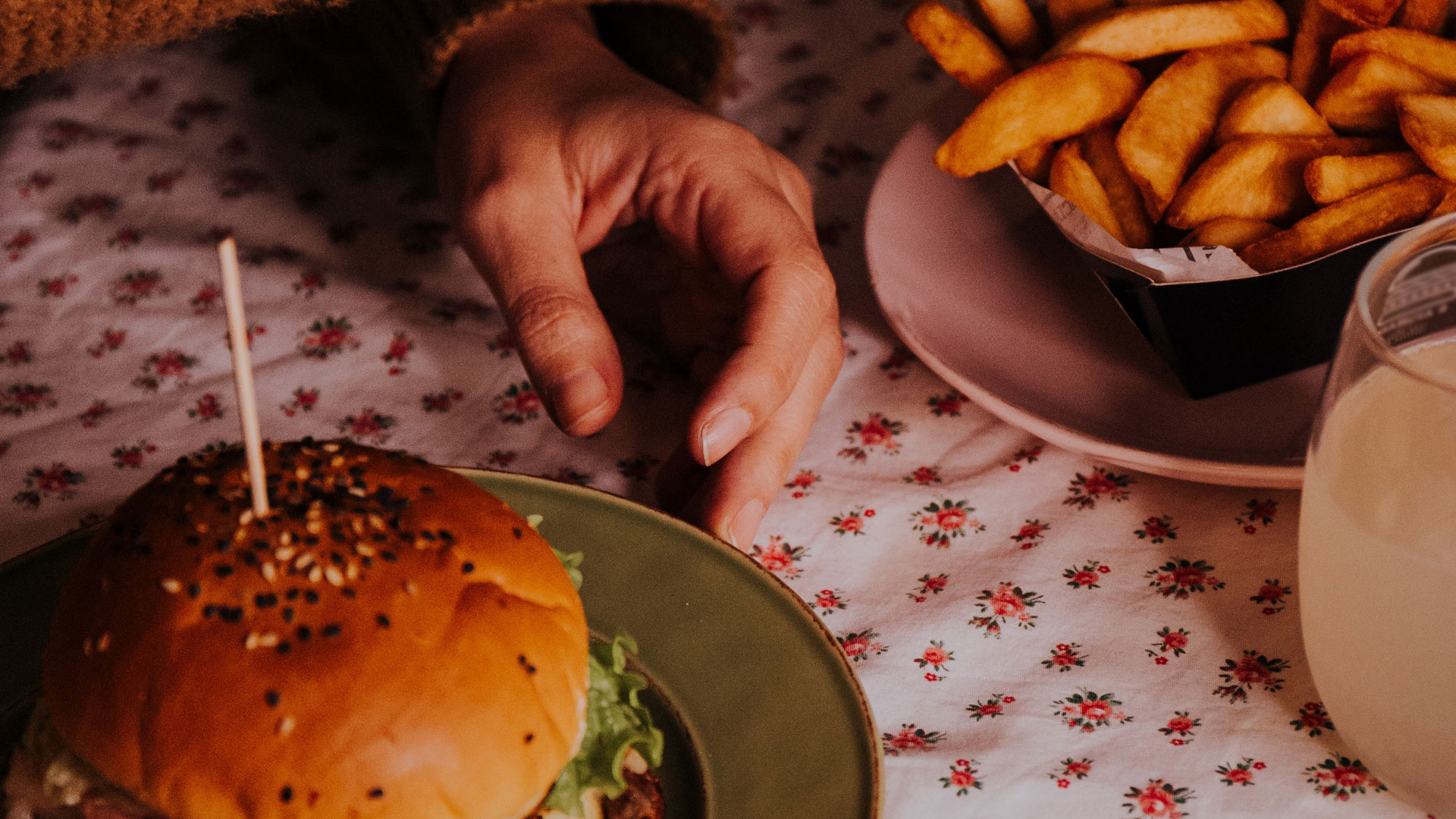Calvin Carter, CEO of Experience Consultancy Bottle Rocket, discusses how COVID-19 has rewritten the rules of dining and how Apple App Clips will provide an avenue of support to cautious customers returning to restaurants.
A surge in food delivery due to the pandemic has helped save much of the QSR/restaurant industry as lockdown restraints took hold.
As consumers have been turning more frequently to take-out, the number of smartphone food delivery apps is forecasted to rise 25.2 percent to 45.6 million by the end of the year [1]. Permitted to operate at a mere 25 percent mandated capacity, restaurants in New York have only recently reopened indoor dining for the first time in six months, which saw the majority of diners reluctant to sit indoors, or return at all [2]. This trend holds true in cities around the world.
While customers try to determine their new comfort level with eating-out again, many will remain hesitant to dine inside at restaurants as they remain concerned about their safety. In a worst-case scenario, New York is bracing for the possibility that it could lose as many as half of their restaurants and 159,000 jobs within a year. This trend is signalling a need for these businesses to create a streamlined dining experience that considers the customer’s needs for safety first and foremost.
In a race to rebuild trust with their customers, restauranteurs are asking themselves a critical question: “How can we convince the public to dine in with us again?” The path forward for restaurants trying to pre-empt the collapse of their business models is pointing towards a digital intervention, with an emphasis on contactless, convenient access to each point of the dining experience. One avenue that these businesses could explore to best serve customers is the latest invention from Apple called App Clips.
What are App Clips?
App Clips are well positioned to supercharge the trend towards reformed dining. App Clips are a small part of an overall app experience designed to be discovered the moment an app is needed without requiring the user to commit to a full download. The previews load on mobile devices within seconds for users to complete specific tasks, like ordering and paying in one step, and are accessible by scanning QR codes, kiosks, and other URL-powered touchpoints. By demonstrating a brand’s value through a native app experience, customers are more likely to be encouraged to download the full app to receive personalized offers and collect loyalty points – increasing acquisition for the brand.
App Clips don’t require a whole new project to be spun up – they’re designed to be a part of a brand’s existing app solutions. Companies can present relevant information and services to a highly targeted audience, maximizing the opportunities for greater sales, brand engagement, and loyalty.
App Clips in Dining
To reinstate bricks-and-mortar destinations for customers, restaurants – both fine and casual – will need to rethink their existence with digital. Customers are craving more touchless support than ever before, through channels which were underused – or didn’t exist – pre-pandemic. App Clips are expanding the opportunities for brands to communicate, reassure, and ultimately best serve customers in a contextual, timely manner.
For example, if a person is walking through town, Bluetooth and location services allow them to order ahead of arrival at a restaurant. Or equally, if they stop outside a restaurant to look at the menu, they can scan a QR code in the window and launch the App Clip to book a table for that evening or make and pay for a to-go order. Pre-ordering capabilities stretch so that users can recall and amend orders, or signal their arrival to the store, allowing restaurants to be updated in real-time. Users can also preview menus or place drink orders once they’ve checked-in at a host stand to reduce waiting time, and can order their meals from their table to enjoy on-site.
If a restaurant uses kiosks for ordering, which the pandemic made essentially unusable, they can easily replicate that kiosk experience in an App Clip, allowing the customer to make and pay for their order without touching anything other than their phone.
Or, businesses could set up a few parking spaces out front with a bar code sign for each. Customers can pull up, park, scan to order and pay, enjoy the safety of their own car while their meal is fixed, and receive their order at their car. Off they go, without ever exiting their car or handing anyone their credit card.
For restaurants not wanting to invest in tabletop tablets or deal with the risk of infection, QR codes can instead be printed onto a bill to enable fast payments via Apple Pay integration in App Clips. No cash is required, it’s completely touchless, it’s safer against credit card fraud and it streamlines the user journey to drive up purchases, interactions, and overall sentiment for the brand.
The QR Codes can also be used in ads, email promotions, coupons and other marketing material for “in the moment” ordering. The magic is leveraging the consumer’s interest in a brand at that moment of discovery before they move on to the next thing in their day.
The Future of Dining
The survival of the hospitality sector now depends on business’ efforts to target COVID-induced pain points, and instill customers with the confidence that it’s time to get back to restaurants. App Clips and other “Connected Lifestyle” techniques are set to transform restaurants, and the way they engage with diners in the post-pandemic era, by offering customers one-scan access to information and features personal to their dining experience at the exact moment they need them. The integration of App Clips will become table stakes very quickly as the quest for enhanced mobile experiences persists.
[1] https://www.emarketer.com/content/more-consumers-turning-food-delivery-apps-amid-indoor-dining-restrictions
[2] https://www.theguardian.com/us-news/2020/sep/30/new-york-city-restaurants-open-indoor-dining-25-percent-capacity
This article was published on TotalFood.com and InTravelReport.com.

